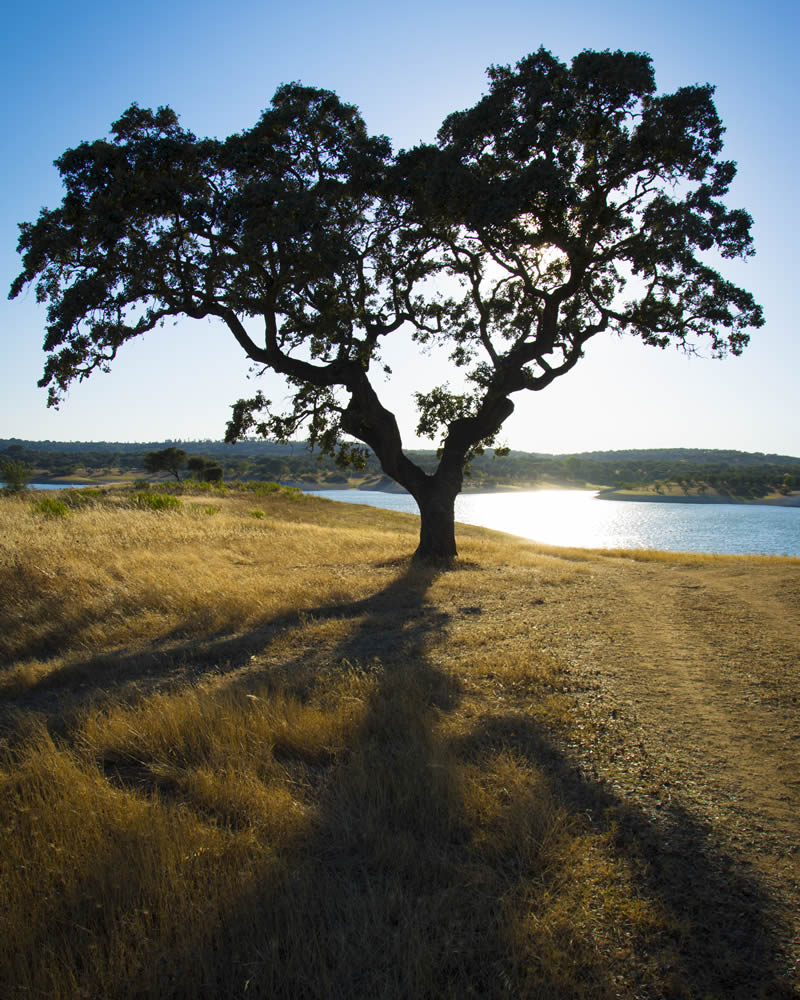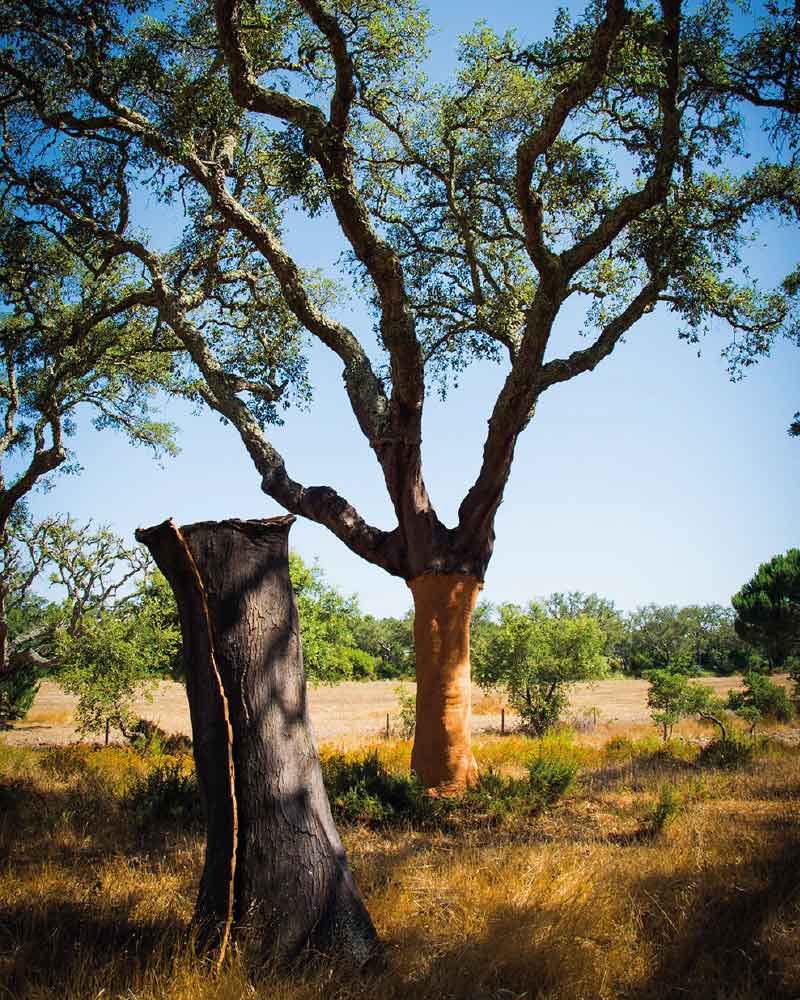IN THE HANDS
OF
NATURE
Commitment towards sustainability is a part of us
At M.A.SILVA, we have the privilege of working daily with one of the noblest raw materials on the planet: cork, which is 100% natural, 100% reusable and 100% recyclable.
We are privileged to work with people who are motivated to make a difference.
We are privileged to contribute to a more sustainable world through our cork oak harvesting activity.
We have the advantage of our production process being 100% verticalised.
We thank nature for all of this, and undertake to give more than we receive. Actively contributing to the sustainability of cork oak forests, which play such an important role in CO2 sequestration, biodiversity preservation and combating desertification.
It is because nature is part of us that we are part of nature.
REQUEST YOUR GREEN CERTIFICATE HERE, AND FIND OUT HOW MUCH YOU HELP TO PROTECT THE FOREST AND THE ENVIRONMENT
THE CORK OAK FOREST
| Country | Hec | % | Ton | % |
|---|---|---|---|---|
| Portugal | 736.775 | 34% | 100.000 | 50% |
| Spain | 574.248 | 27% | 61.504 | 31% |
| Morroco | 383.120 | 18% | 11.686 | 6% |
| Algeria | 230.000 | 11% | 9.915 | 5% |
| Tunisia | 85.771 | 4% | 6.962 | 3% |
| France | 65.228 | 3% | 5.200 | 3% |
| Italy | 64.800 | 3% | 6.161 | 3% |
| Total | 2.139.942 | 100% | 201.428 | 100% |
years
For extraction of the first cork
years
Time required for each new harvesting
cm
Minimum trim perimeter for extraction to occur
0, g
Cork weight per cm3
million
Amount of cells per cm3



